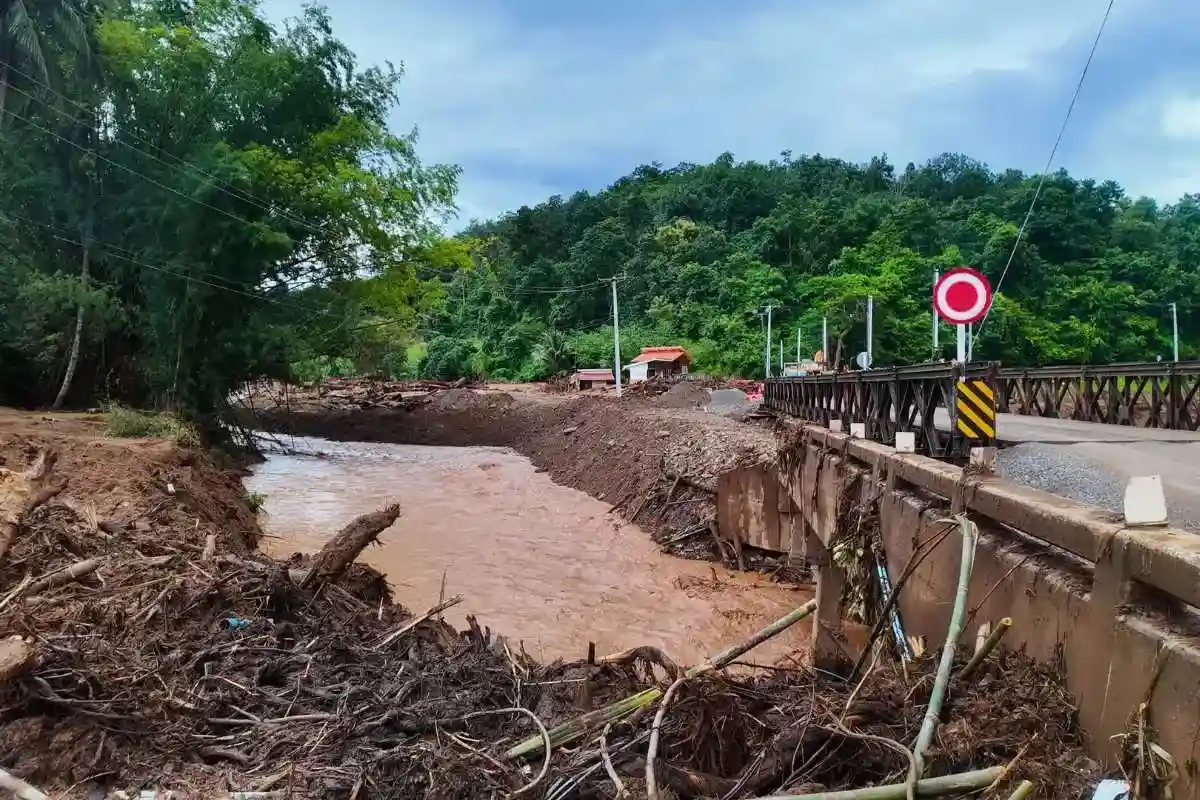
Climate migration is becoming a major economic challenge as rising sea levels, extreme weather, and environmental damage force people to move within and across national borders. Entire communities in low-lying and vulnerable regions are being displaced by climate-related events, creating financial strain for individuals, governments, and international organizations. These movements affect labor markets, housing, and public services while increasing pressure on already limited infrastructure. The economic ripple effects of climate migration are being felt around the world, especially in countries that are least prepared to manage large-scale displacement.
One of the most important questions is who should bear the cost of climate migration. Should countries that have contributed the most to greenhouse gas emissions be responsible for helping those displaced by the effects of climate change? How can host nations with limited resources manage an influx of migrants without further harming their economies? International cooperation and financial support will be essential, as will policies that promote fairness, resilience, and shared responsibility among nations.
What policies can help countries prepare for the economic challenges of climate migration? How should global organizations and wealthy nations contribute to funding support for displaced populations? What strategies can governments use to strengthen infrastructure and social programs for migrating communities? How can international cooperation ensure that the costs and responsibilities of climate migration are shared fairly across the world?
Use the online submission form when sending your articles to help us track all of your submissions. Please try to write about the above topic. Your response should be at least 1,000 words.
To receive credit, your effort is what matters. You should find ways to contribute thoughtful ideas that will help others. Feel free to use personal stories or other information that you want to share, but do not use real names or other identifying information. You may write your response in the space provided or upload your response. Once we review your response, you will receive credit.
Click the button below to submit your article and get your credit.